Need help? Call us:
- Questions? Call us toll-free +1-800-520-5726
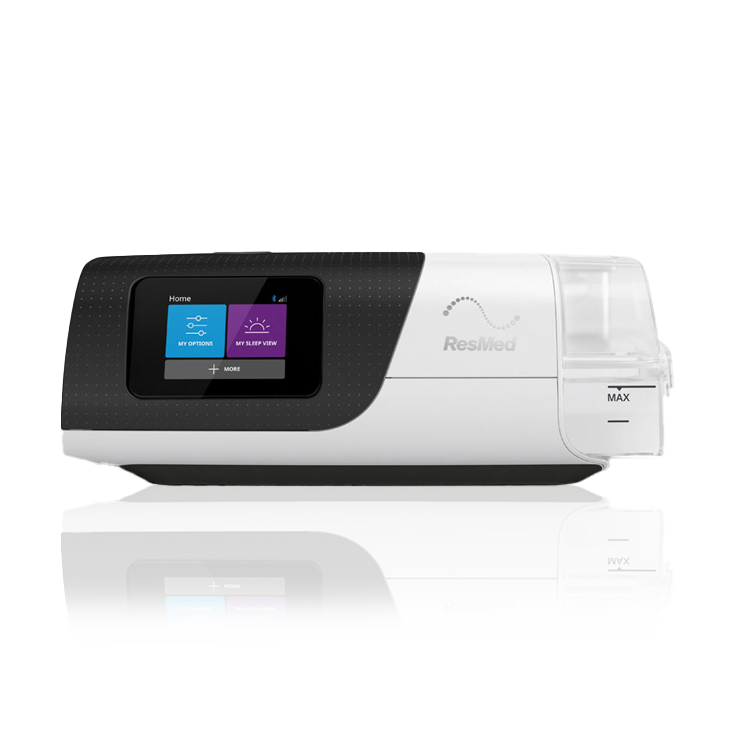
CPAP Masks Finder
Discover your perfect mask fit
- Portable Oxygen
- Home Oxygen
- Oxygen Accessories
- CPAP Machines
- CPAP Supplies
- CPAP Masks
- Mobility
- Bathroom Safety
- Pediatrics
- New Arrivals
Seasonal Changes and COPD: How is Your Breathing Affected?
Seasonal Changes and COPD: How is Your Breathing Affected?
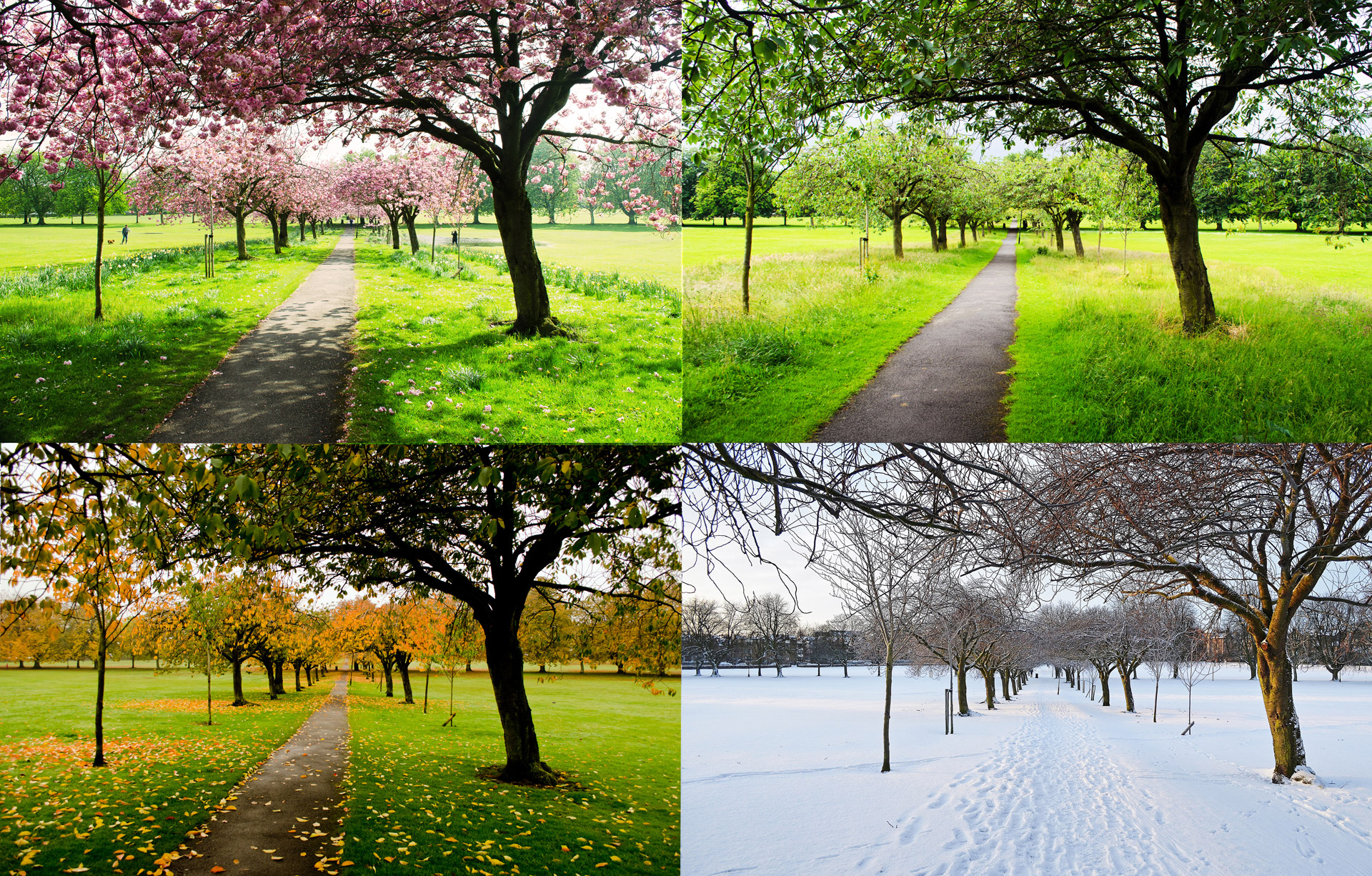
Every year the seasons change from cold to hot and snowy to rainy, these constant seasonal changes have more of an affect on your breathing than you may think.
As you know chronic obstructive pulmonary disease (COPD) affects your ability to breathe, unfortunately there are environmental factors such as seasonal change and weather that can cause a flare-up of symptoms such as increased phlegm production, breathlessness, or coughing.
{{cta(‘155910633031’)}}
These flare-ups can make it increasingly difficult to cook family dinner, brush your teeth, or even get dressed every single morning.
Whenever you are exposed to the following weather conditions here are some ways to avoid or reduce COPD flare-ups:
Warm Weather: If the weather report expects a temperature of 90 degrees or higher then it is highly recommended that you stay indoors, where it is cool and air conditioned. Also when the weather is warmer there tends to be a higher pollution rating, which can also cause additional and unnecessary flare-ups.
Frigid Weather: Being out in the cold weather will also make you feel more fatigued. The best way to counteract these affects are to wear a scarf or turtle neck whenever going out into cold weather, and always making sure to breathe in through your nose so the inhaled air has a chance to warm up before entering your lungs. When you are expecting a cold front avoid going outdoors, or wait to complete your errands for a day with warmer more COPD friendly weather.
High Levels of Humidity: Select few COPD patients actually enjoy beneficial factors from humidity, however the majority of patients see a flare-up of symptoms during days with high amounts of humidity. The best way to avoid the worsening of symptoms is to stay inside where it is air conditioned, or you can always use a dehumidifier to better control the levels of humidity in your home.
Low Levels of Humidity: Living in a geographical location that has low levels of humidity can also pose troubles for COPD patients. Low humidity can lead to patients nasal cavities being dried out from receiving oxygen therapy, if you suffer from this then speak with your doctor about possibly adding a humidifier to your oxygen concentrator to increase your comfort.
Windy Days: When the weather is extremely windy that provides a problem for COPD patients, if you are out and about constantly walking against the wind you will be faced with excess resistance making breathing more difficult. Being exposed to wind throughout the day can also lead to patients feeling fatigued.
{{cta(‘155910633392’)}}
If seasonal changes affect your COPD symptoms on a yearly basis then speak with your doctor about optional treatments to help you breathe clearer. If you are like many patients who often consider moving to a climate that would better suit their COPD, then speak with your doctor and there will be a few considerations that must be taken into account before taking this big step to uproot your life. Choosing the proper climate to live in for your specific health can ultimately help you breathe clearer and live a higher quality of life!
{{cta(‘2a5a3a6a-00e4-4e97-b2b1-0590da32c743′,’justifycenter’)}}


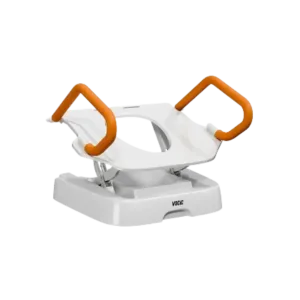
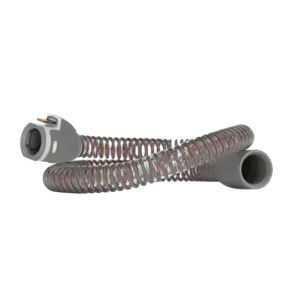

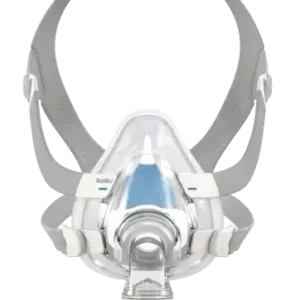
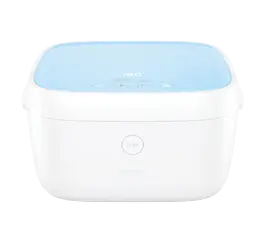
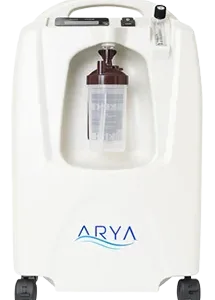
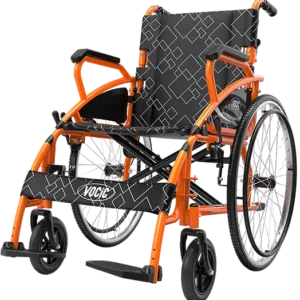
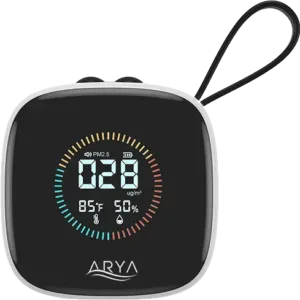
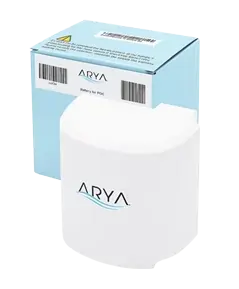
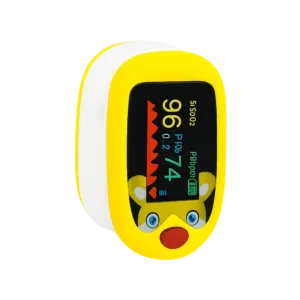
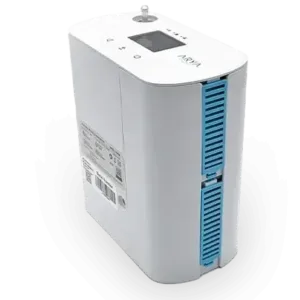





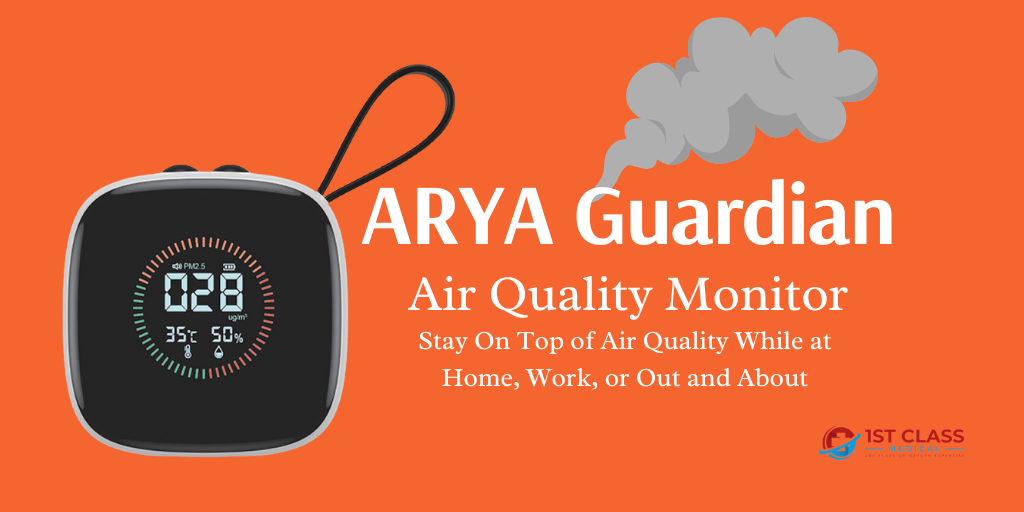


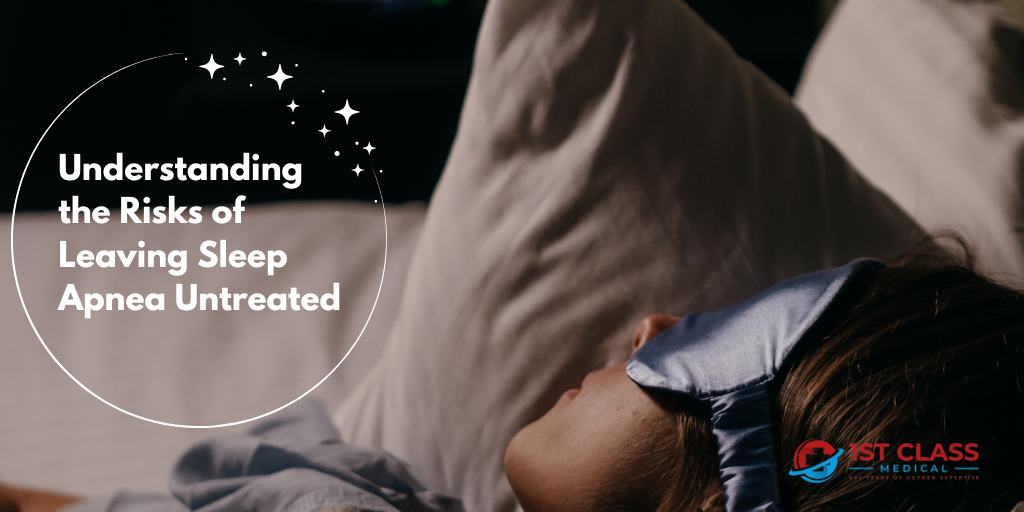


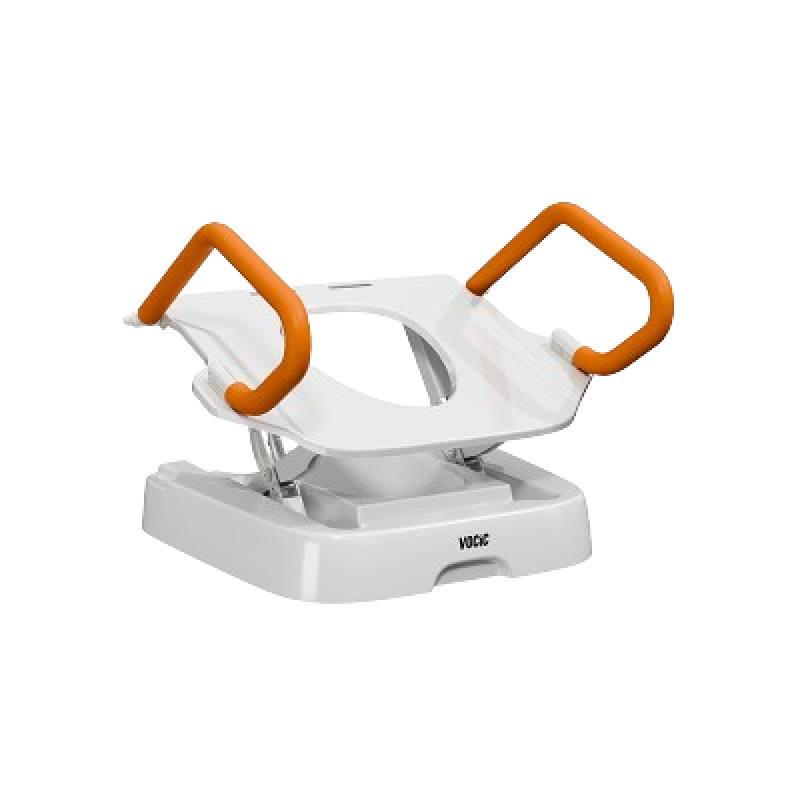
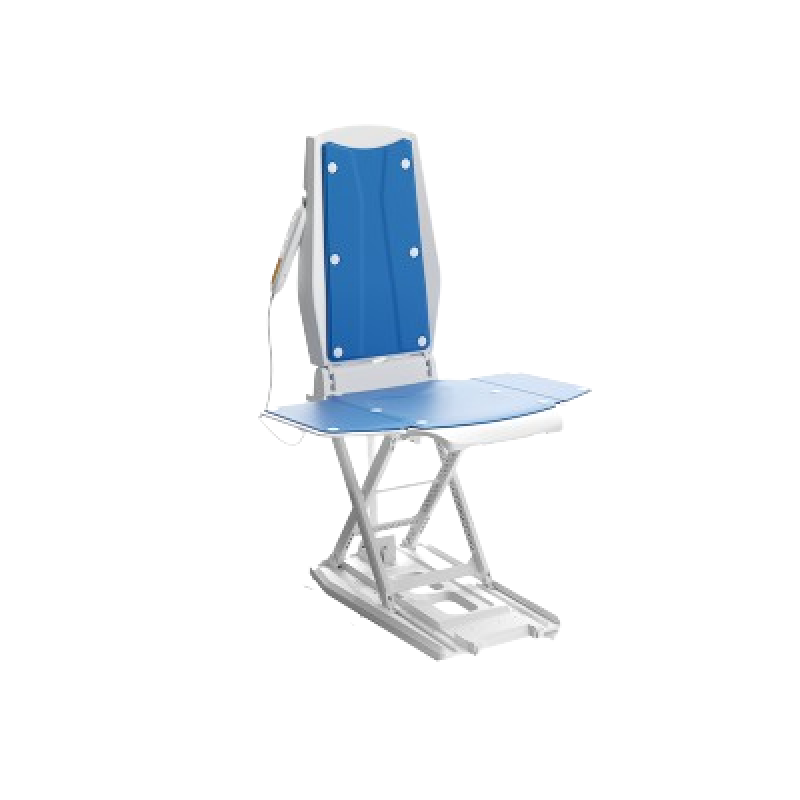
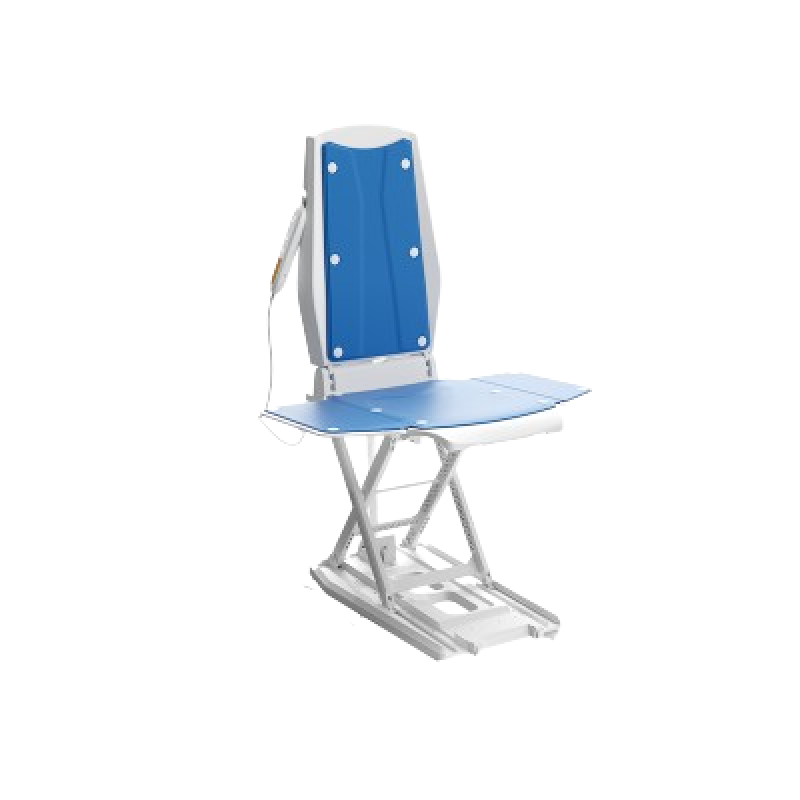
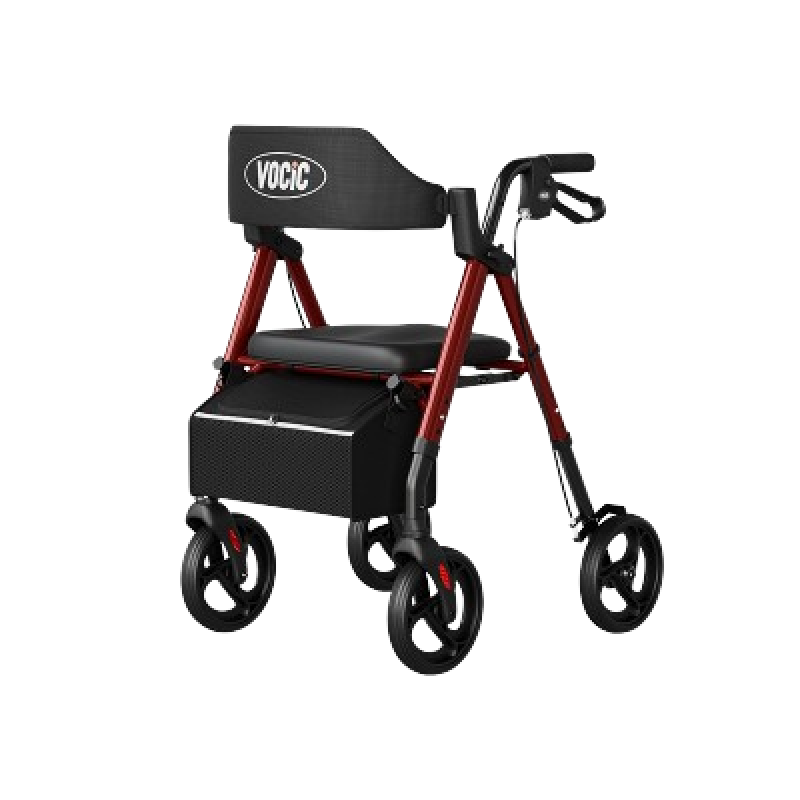
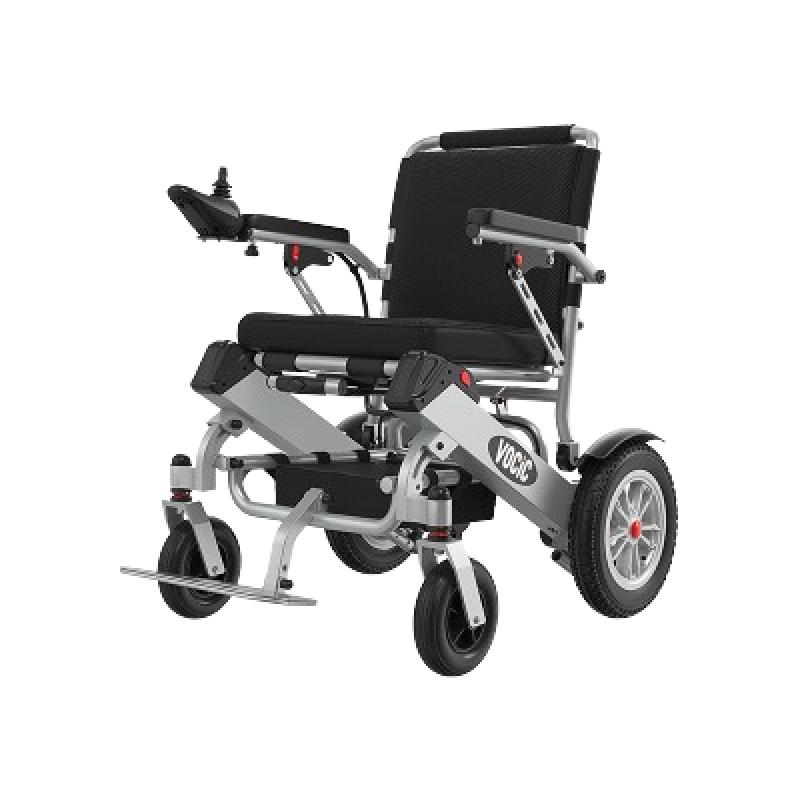


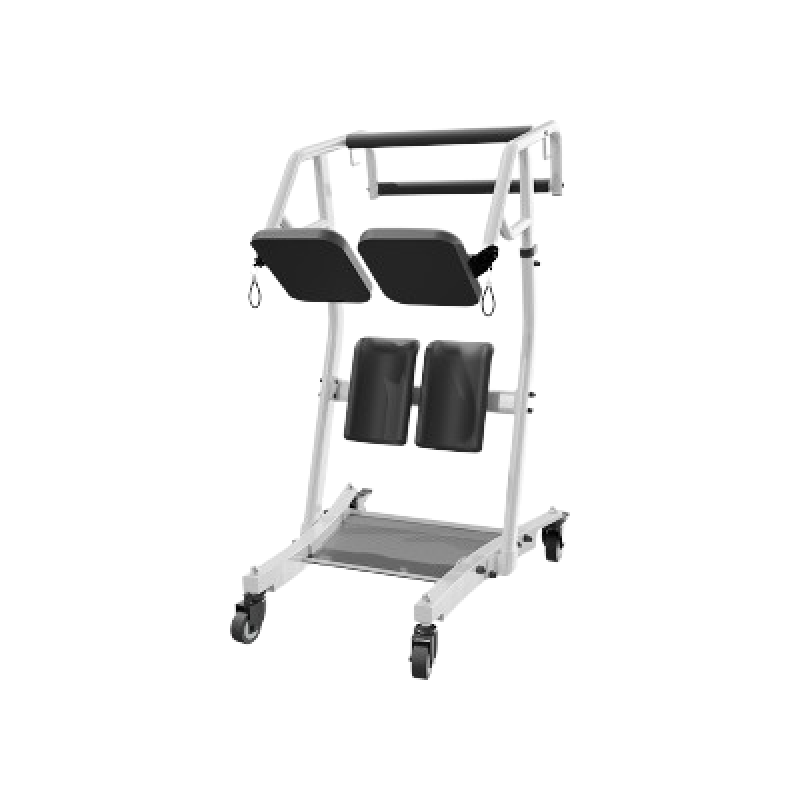
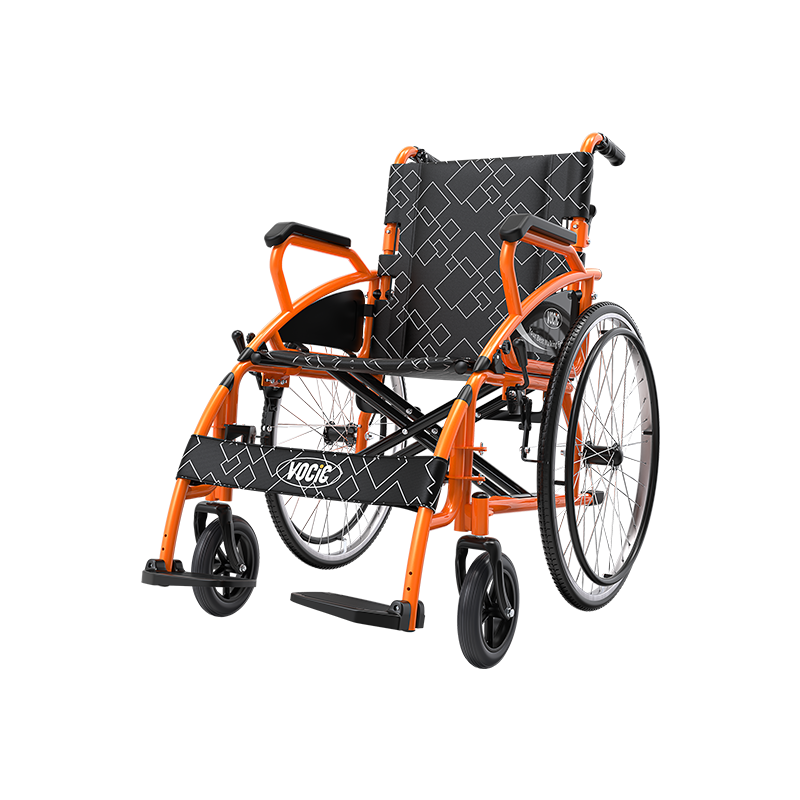

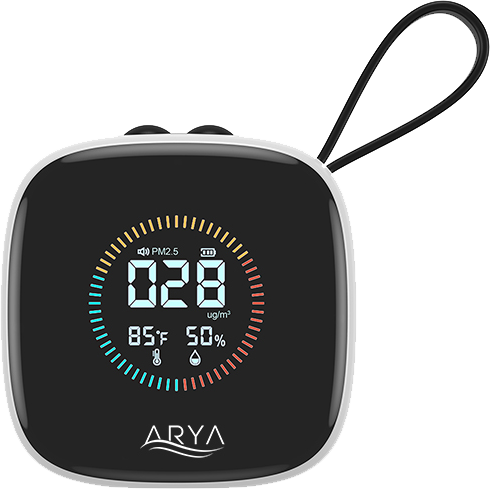
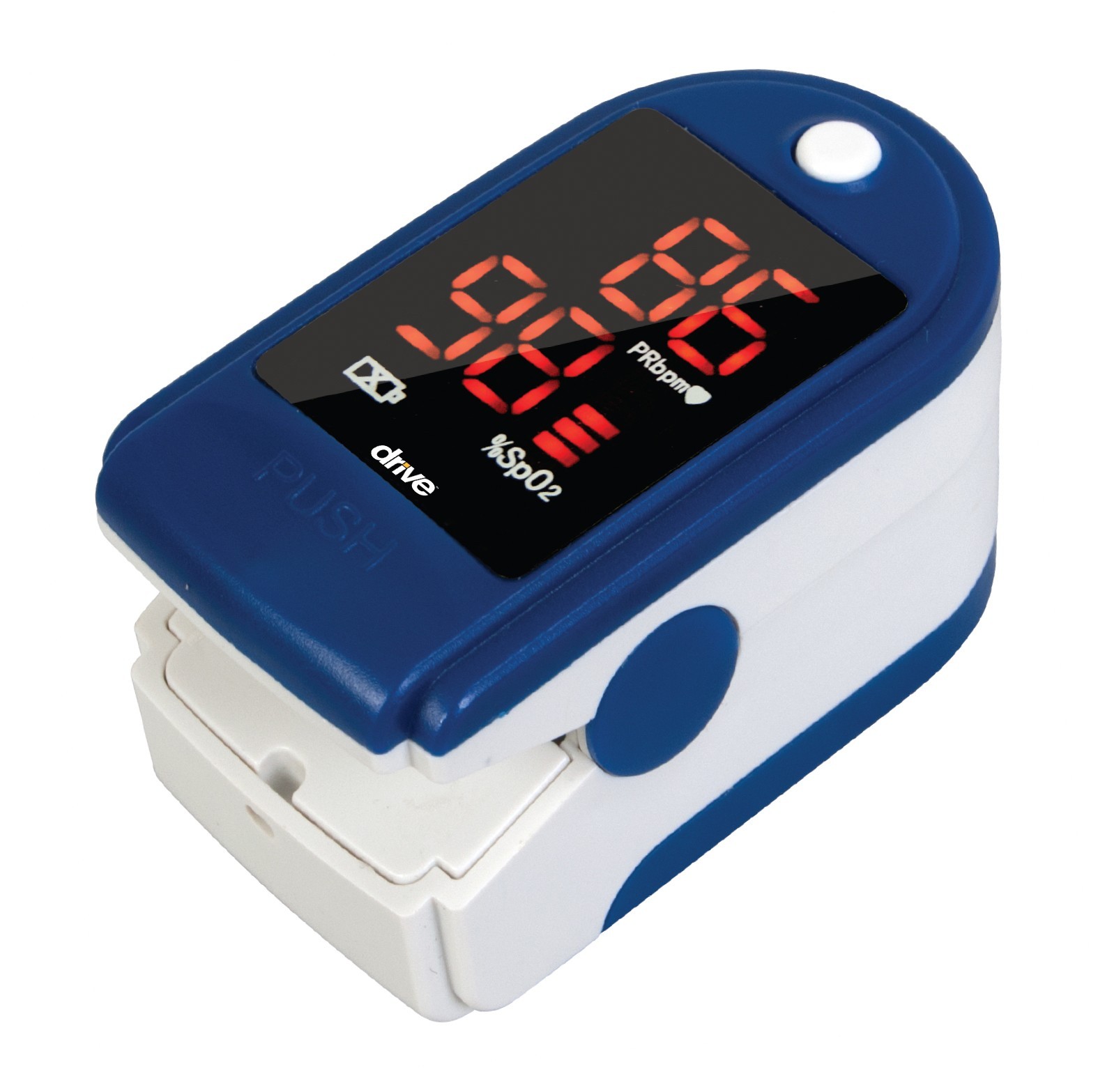

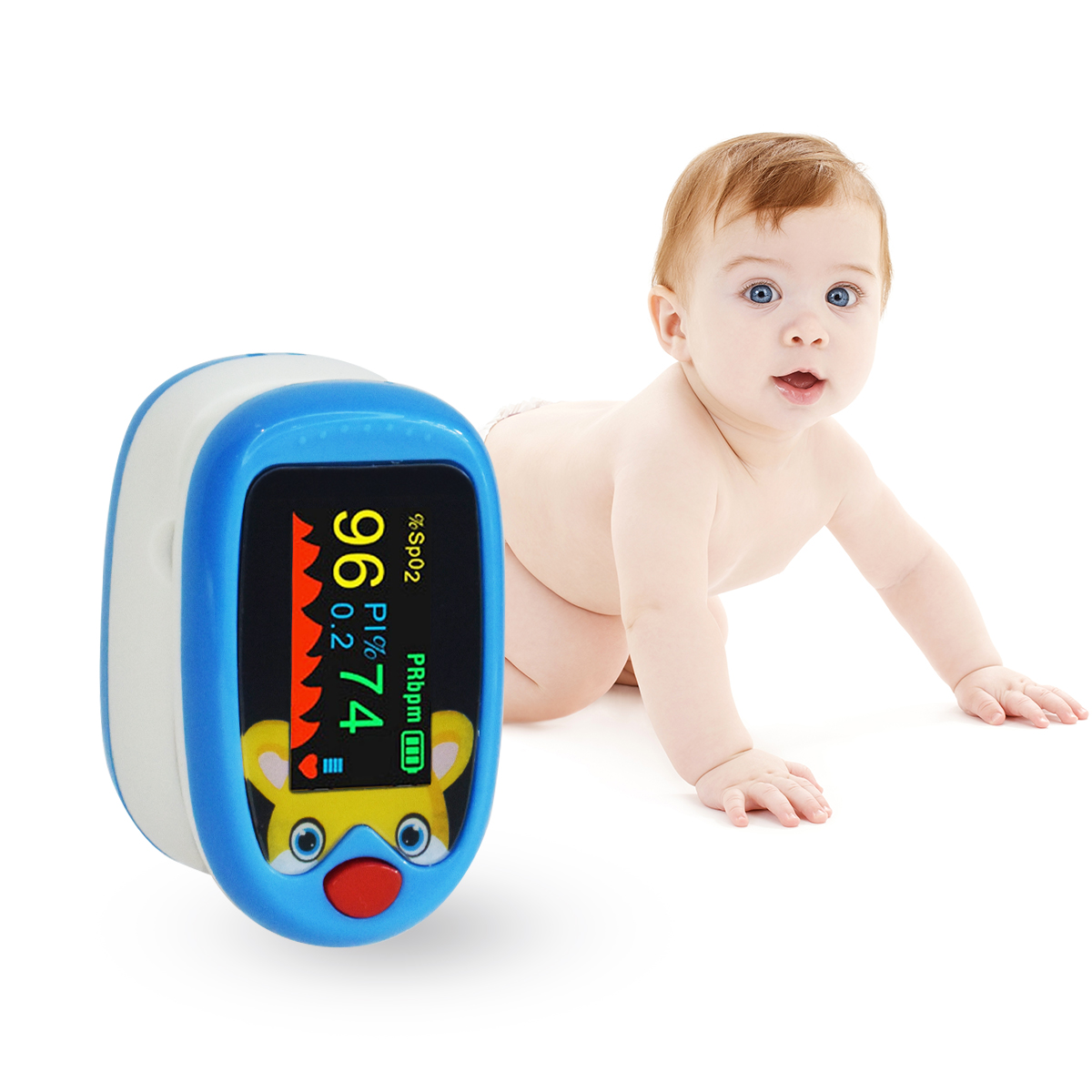
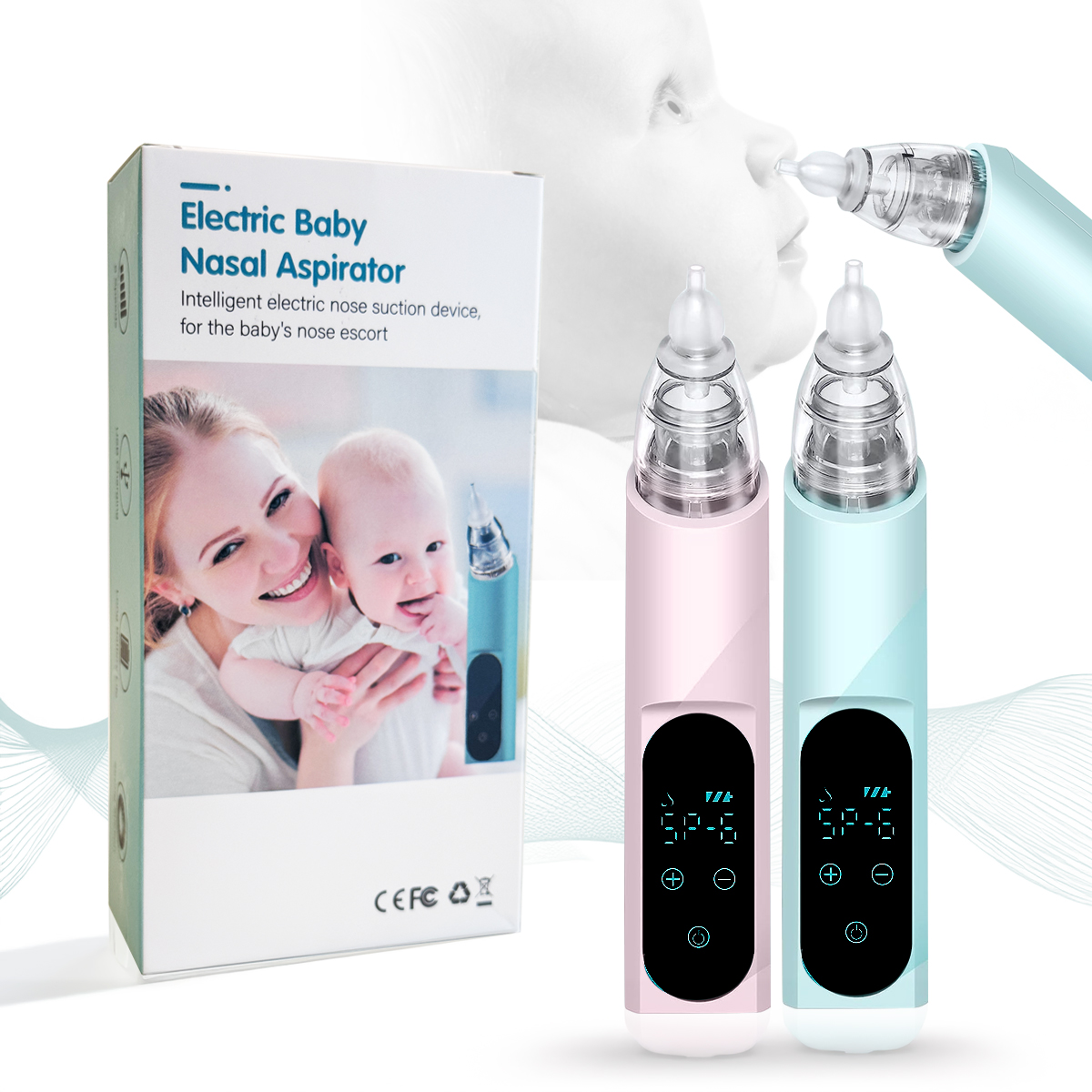
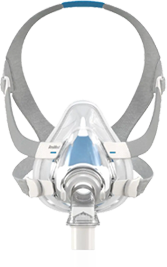
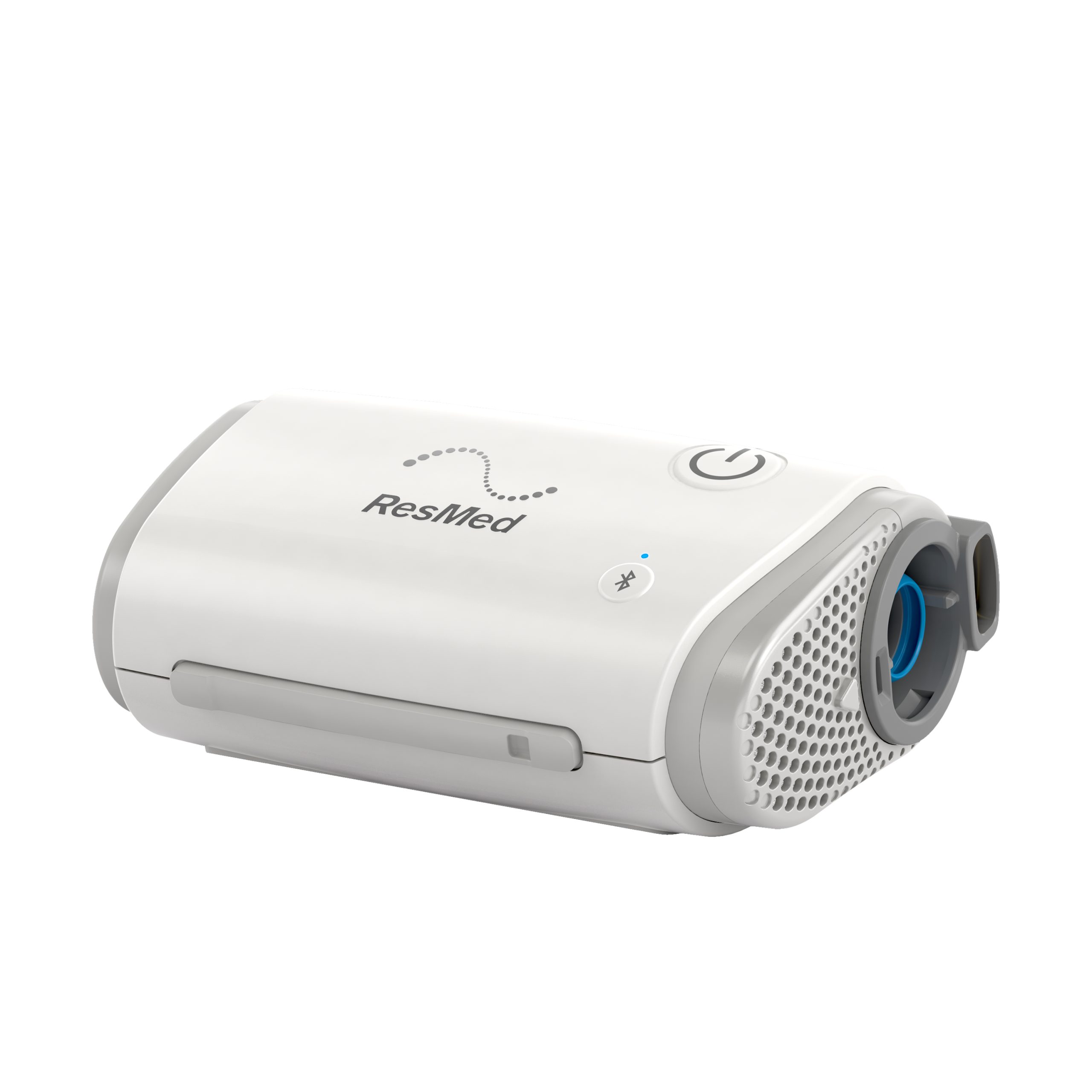
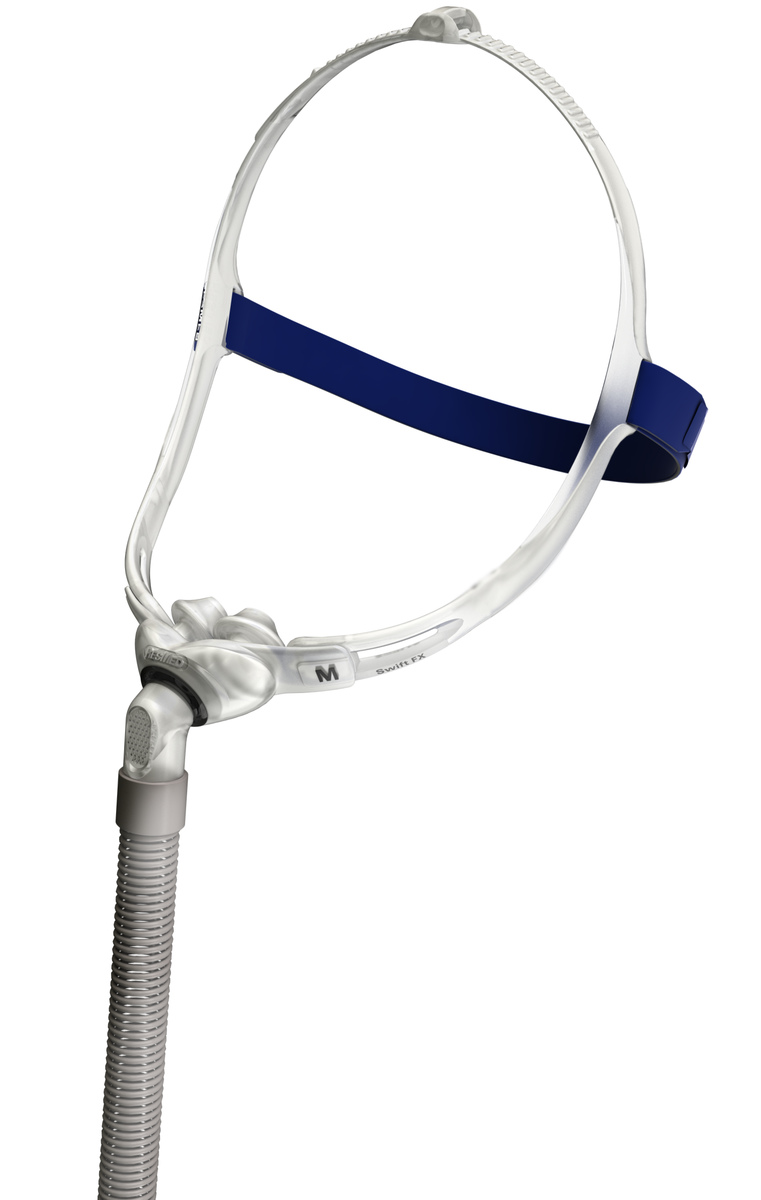
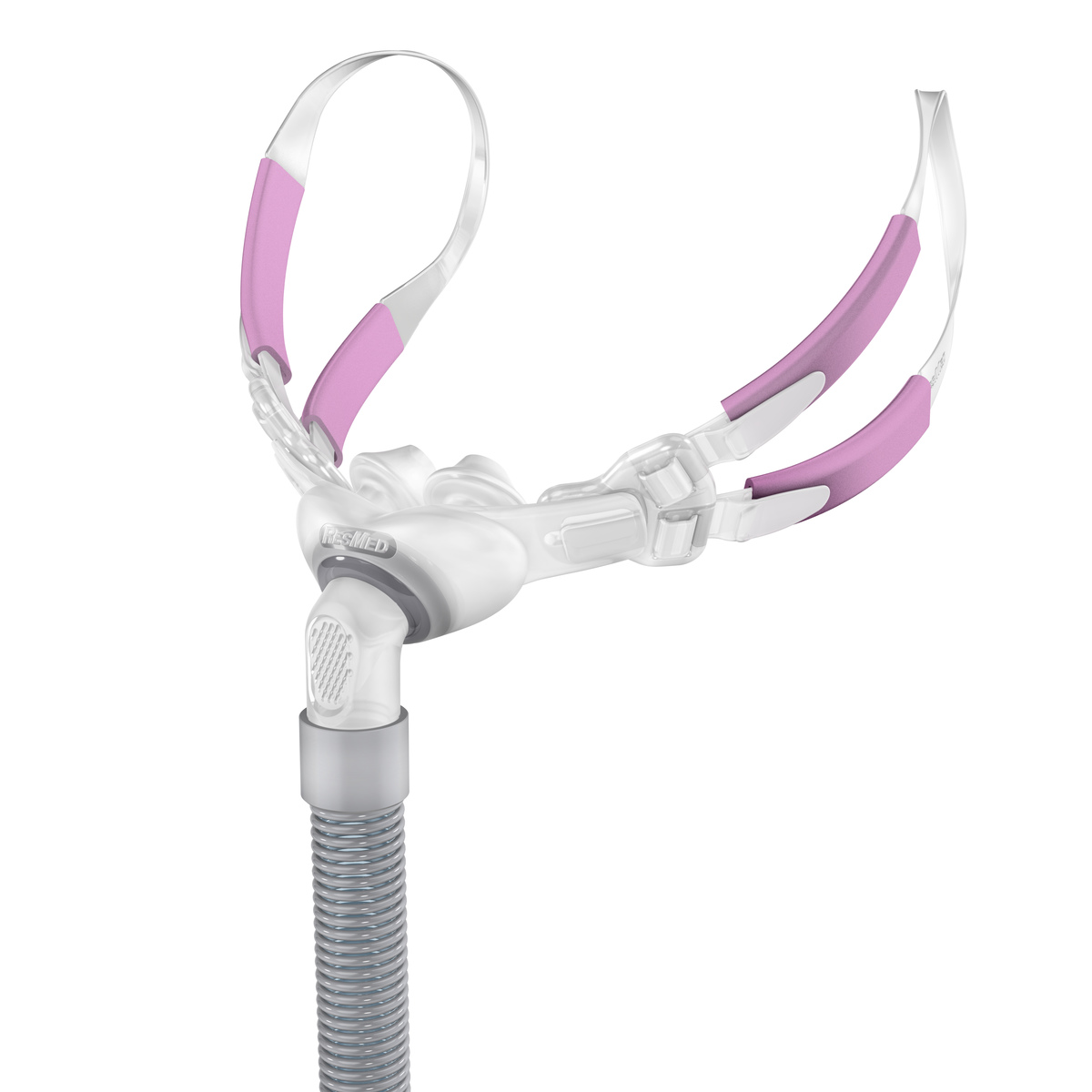
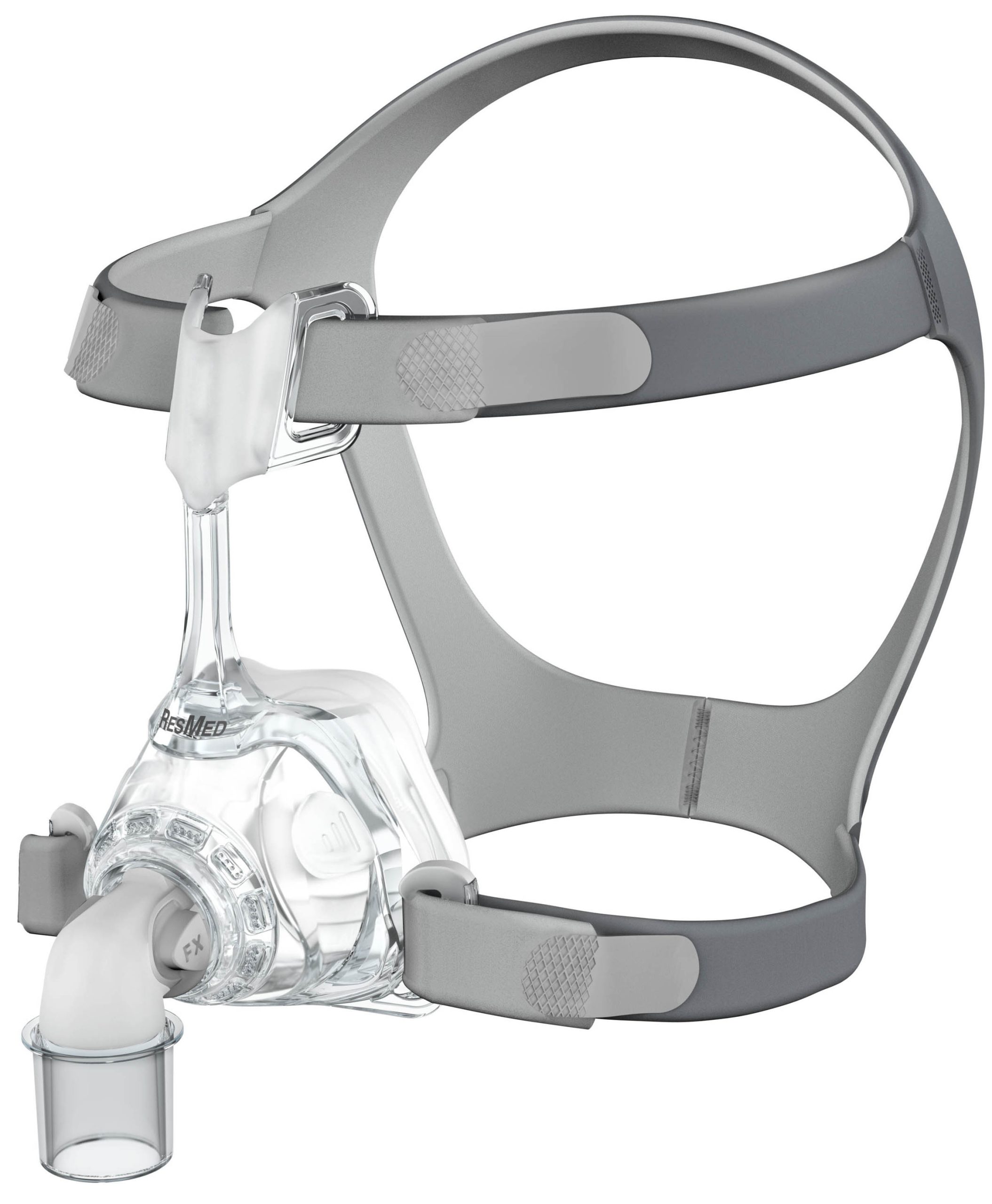
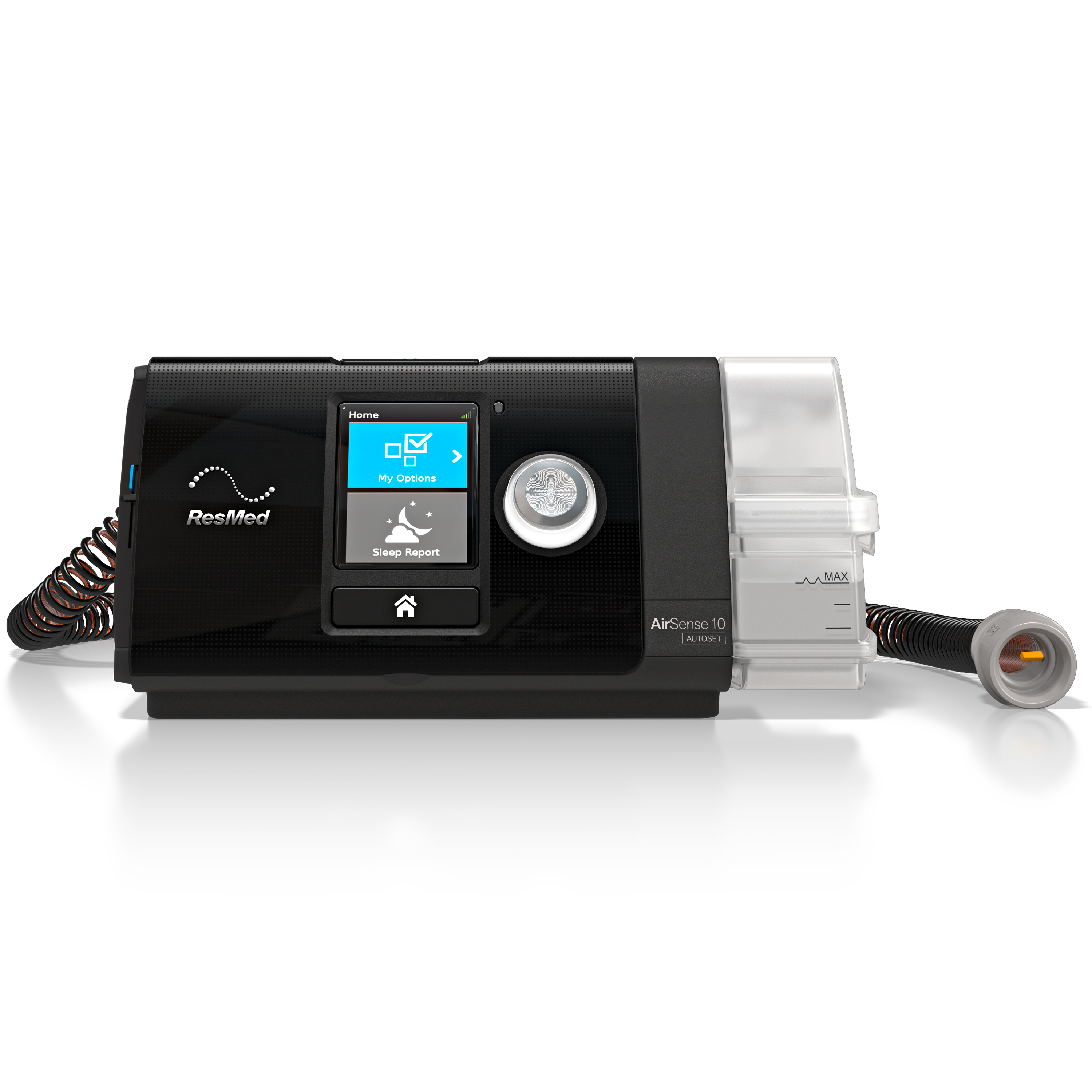
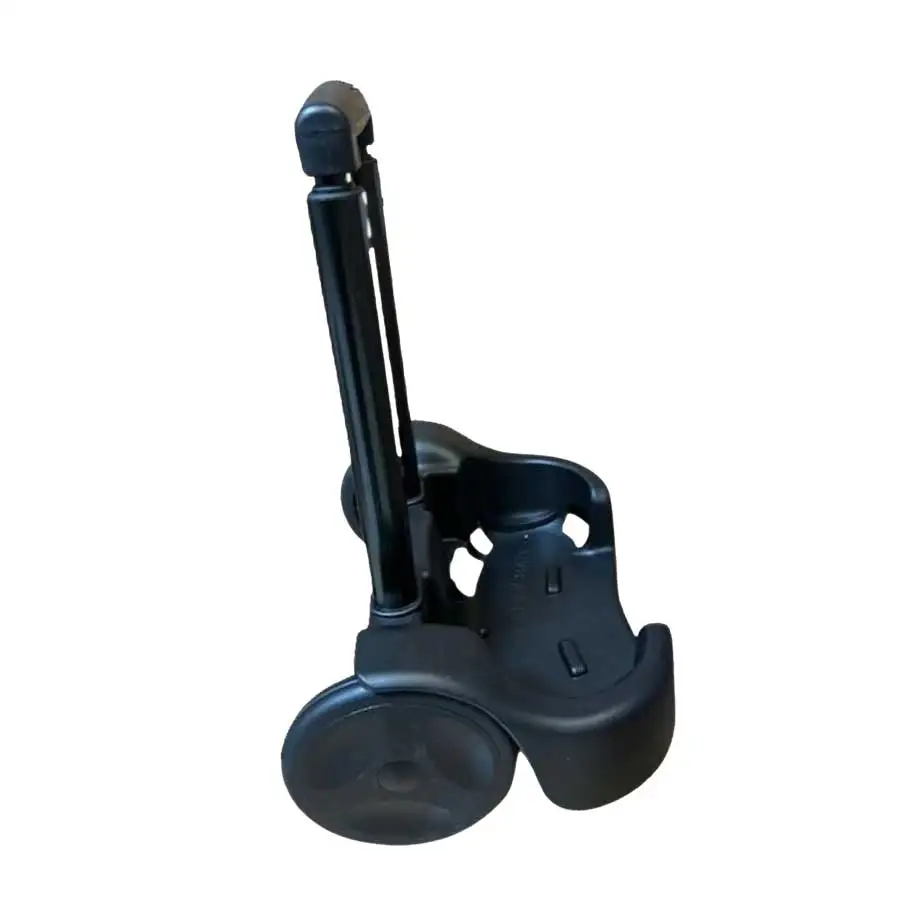
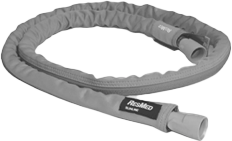
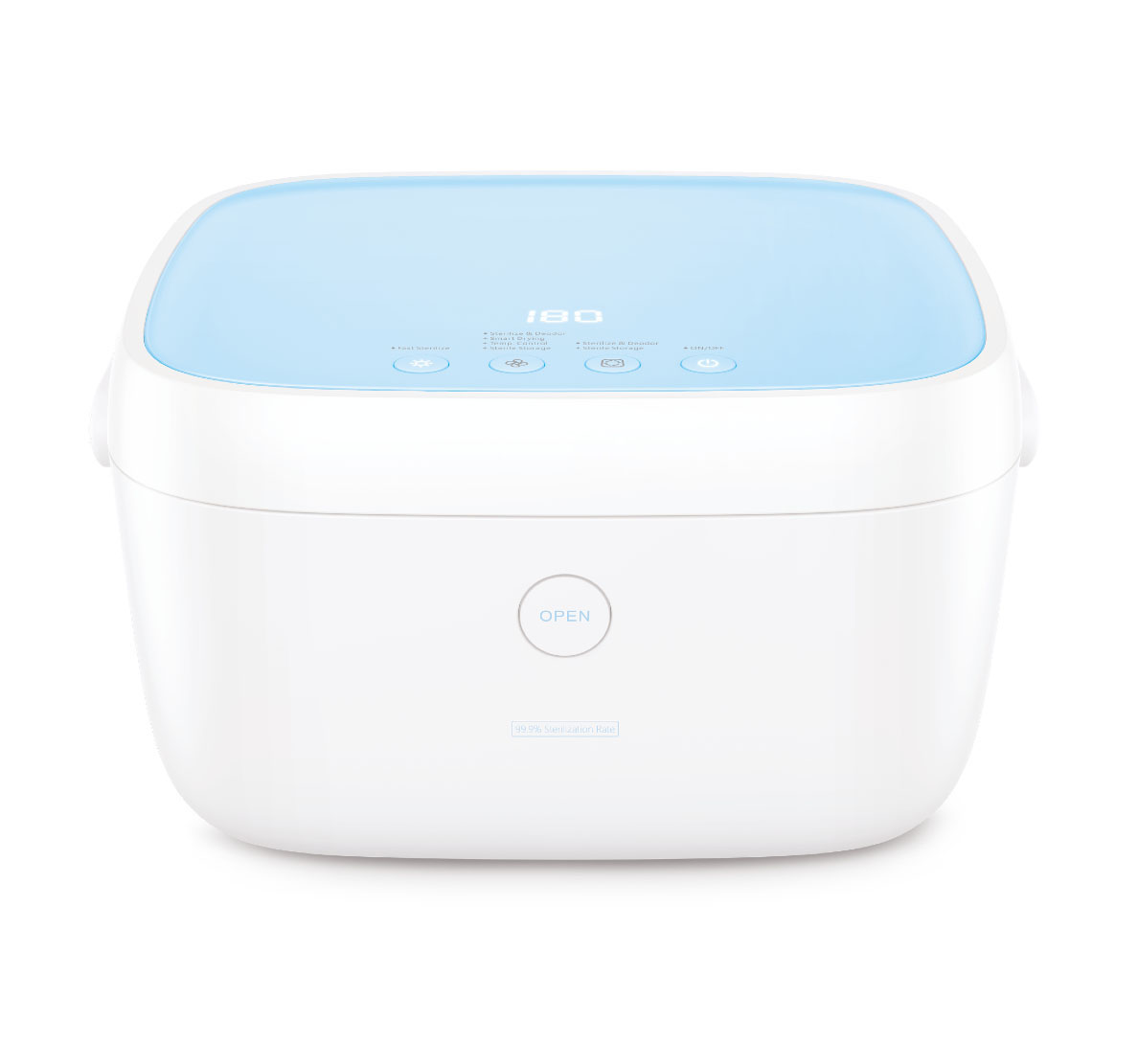
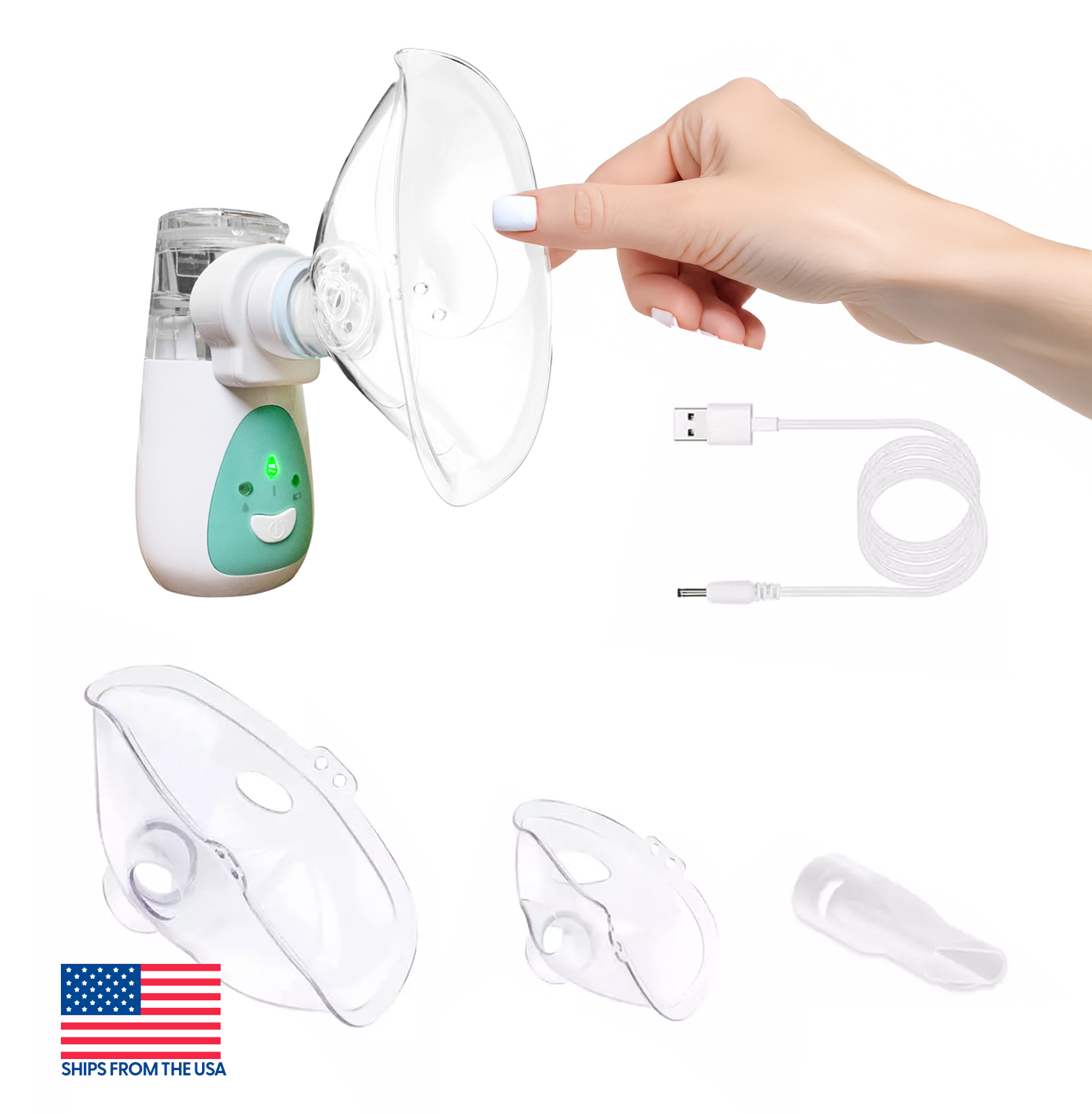
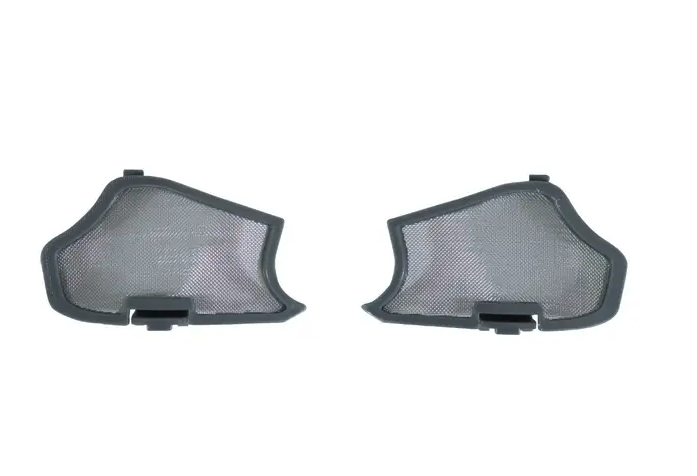

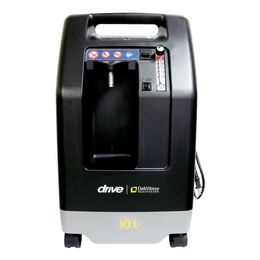
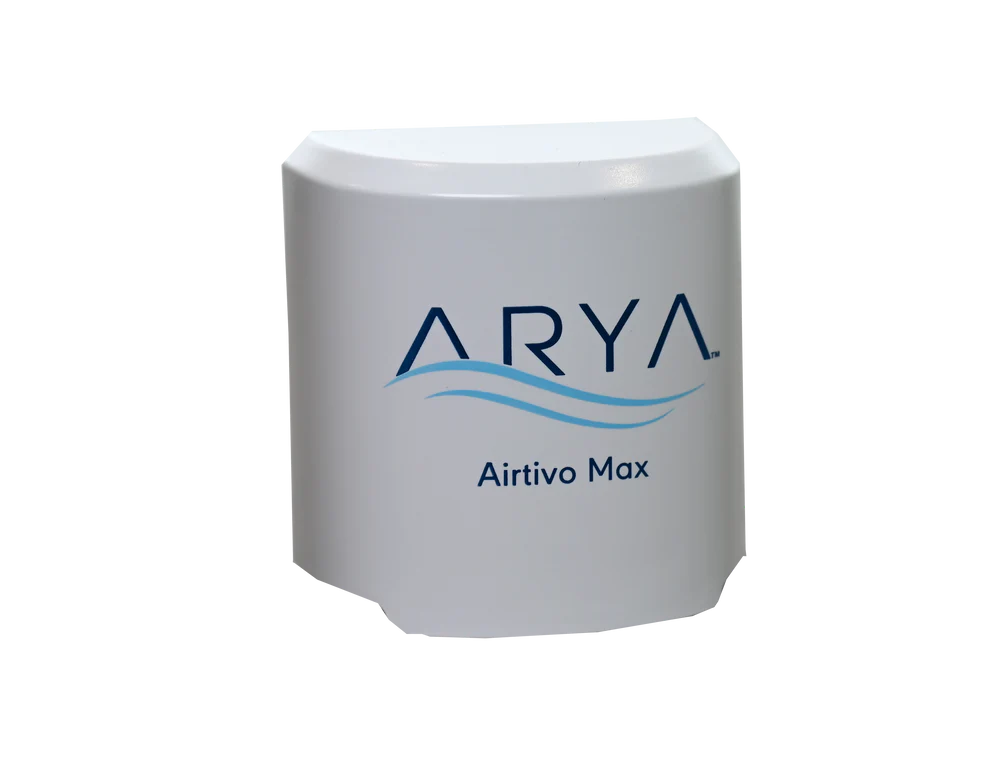
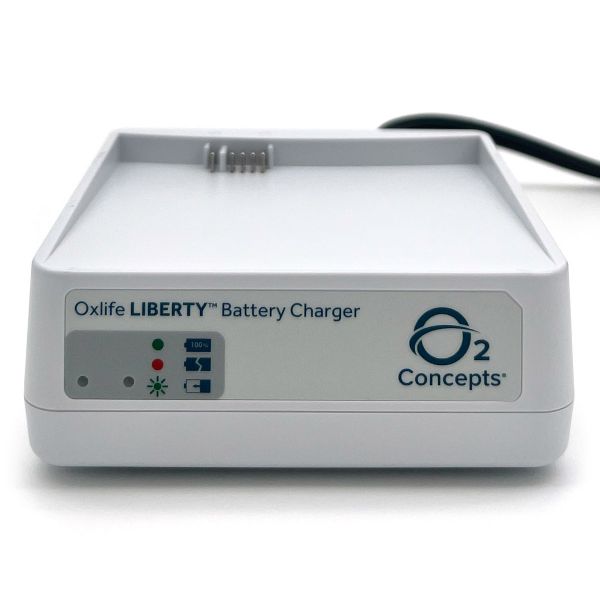
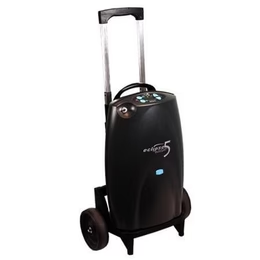
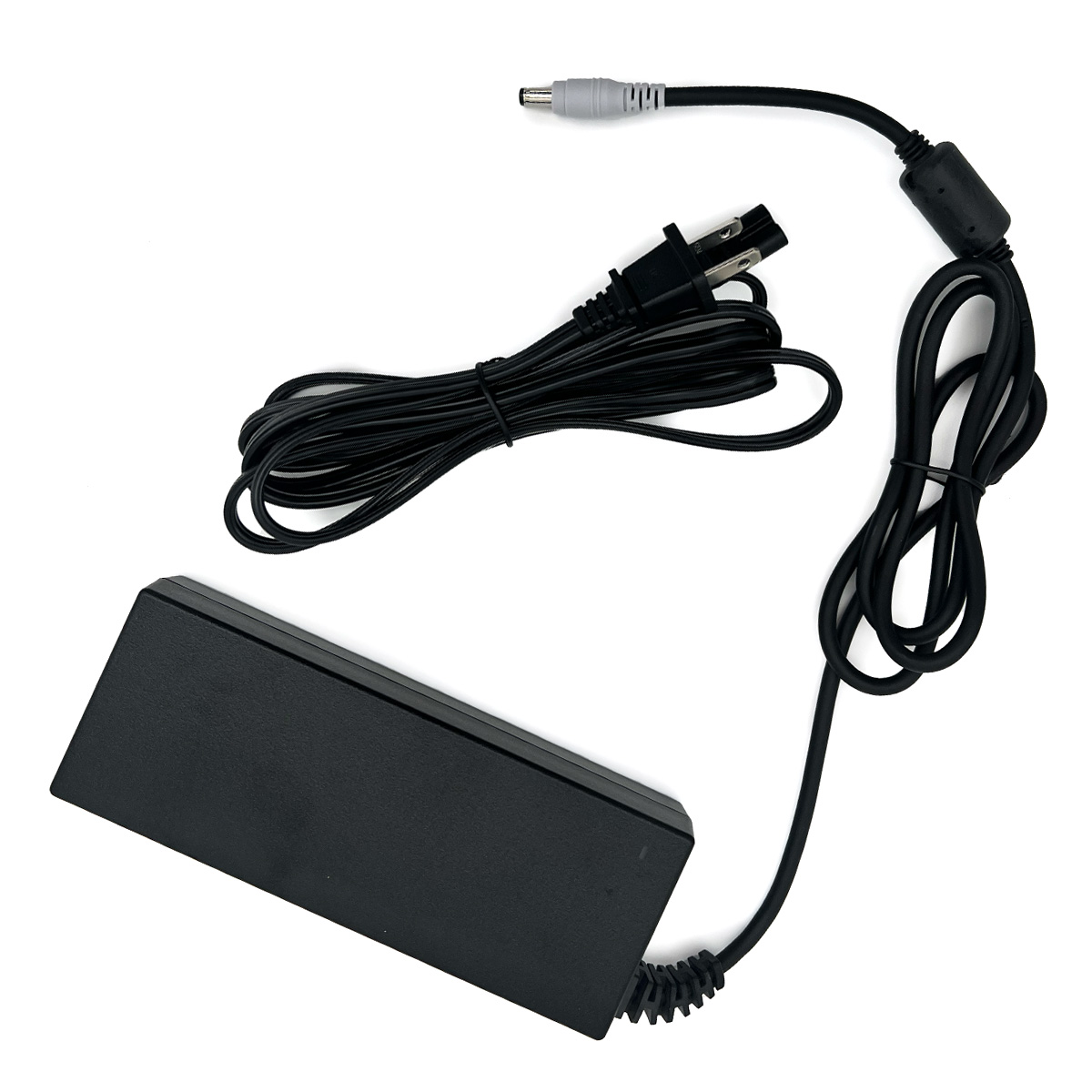
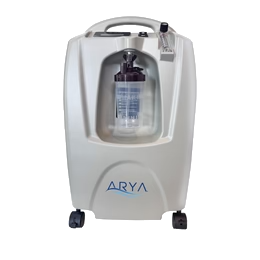
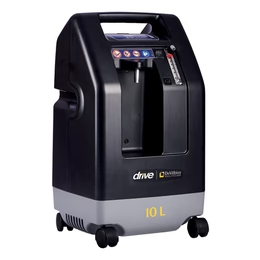
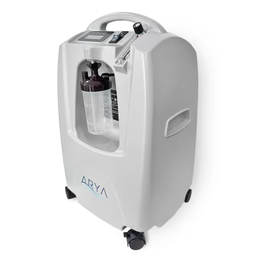
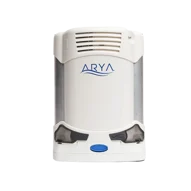
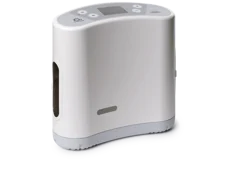
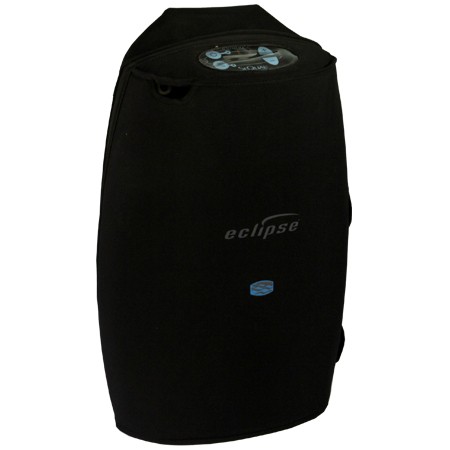
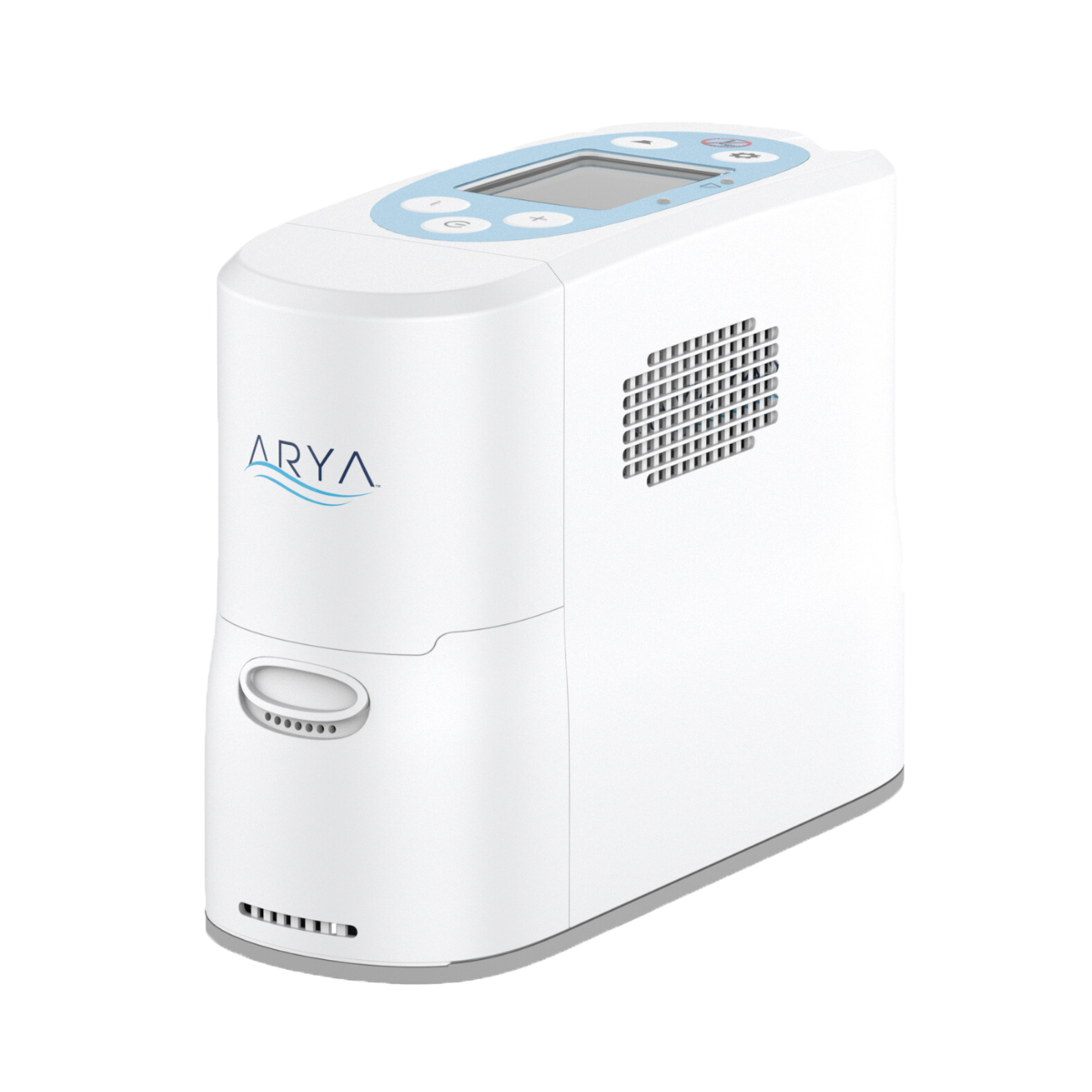
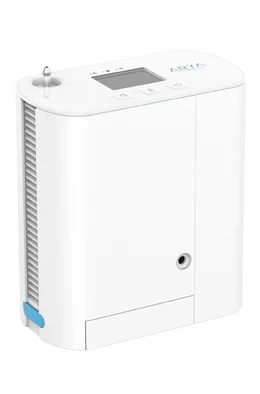
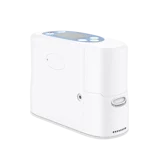

Comments are closed